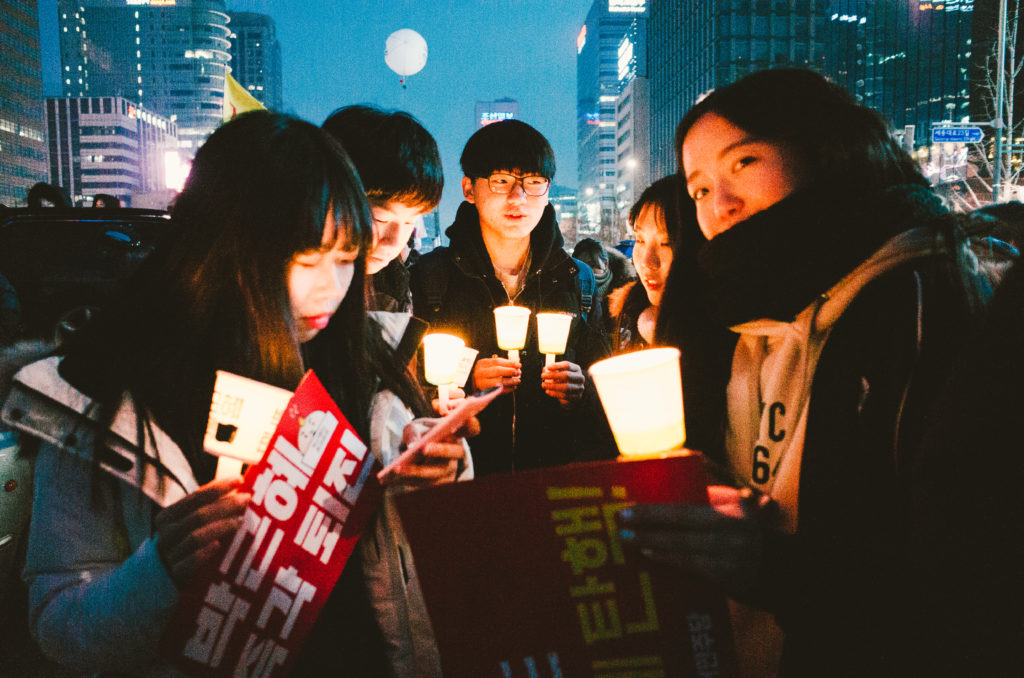The Peninsula
Young Voters Have Long Held the Keys to Electoral Victory

What happened
- The latest poll from January 27 revealed that 53% of people between the ages of 18 and 29 supported the conservative opposition presidential candidate Yoon Seok-yeol while only 25% supported the ruling party’s candidate.
- 62% of voters in this cohort had extended their support to the winning progressive candidate in the 2002 presidential election.
- Simultaneously, a plurality of voters in the same age group (42.5%) supported the victorious conservative candidate against his progressive opponent (20.7%) in the 2007 presidential election.
Implication: Over the past two decades, support from young constituents in their 20s served as a fairly reliable indicator of victory in South Korean presidential elections. While characterized as a traditionally progressive constituency, this group backed the winning campaign of the conservative candidate in 2007. The lone aberration appears to be the 2012 election when overwhelming support (65.8%) for the progressive candidate misaligned with the ultimate conservative victory. Analysts attributed this outcome to above-average consolidation of the traditionally conservative electorate in their 50s in North Gyeongsang province, underscoring potential deviations from the predictive capacity of the youth vote.
Context: Heading into the 2022 election, political commentators observed that middle-aged constituents (40s and 50s) are typically progressive-leaning while seniors (60s and 70s) are reliably conservative voters. With the youth perceived as the critical swing vote, Yoon’s campaign began actively courting men in this cohort by posting anti-feminist talking points. However, the resulting gender division may create fissures in the youth vote that have electoral consequences.
This briefing comes from Korea View, a weekly newsletter published by the Korea Economic Institute. Korea View aims to cover developments that reveal trends on the Korean Peninsula but receive little attention in the United States. If you would like to sign up, please find the online form here.
Korea View was edited by Yong Kwon with the help of Kayla Harris, David Lee, Sarah Marshall, and Mai Anna Pressley. Picture from Flickr account of Ken Shin
